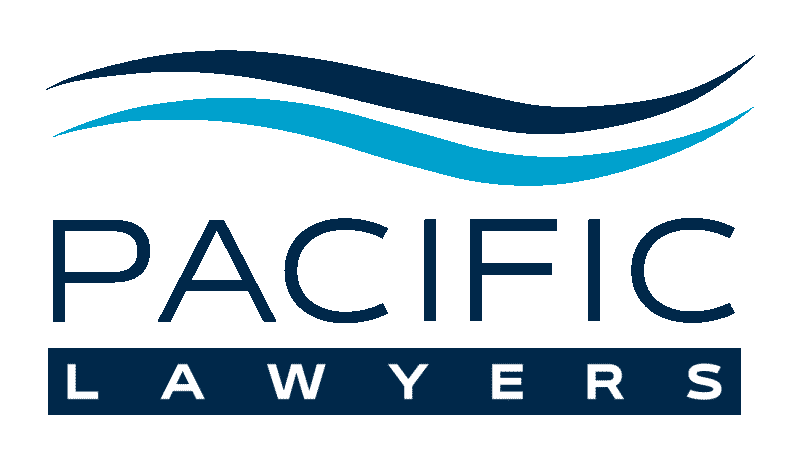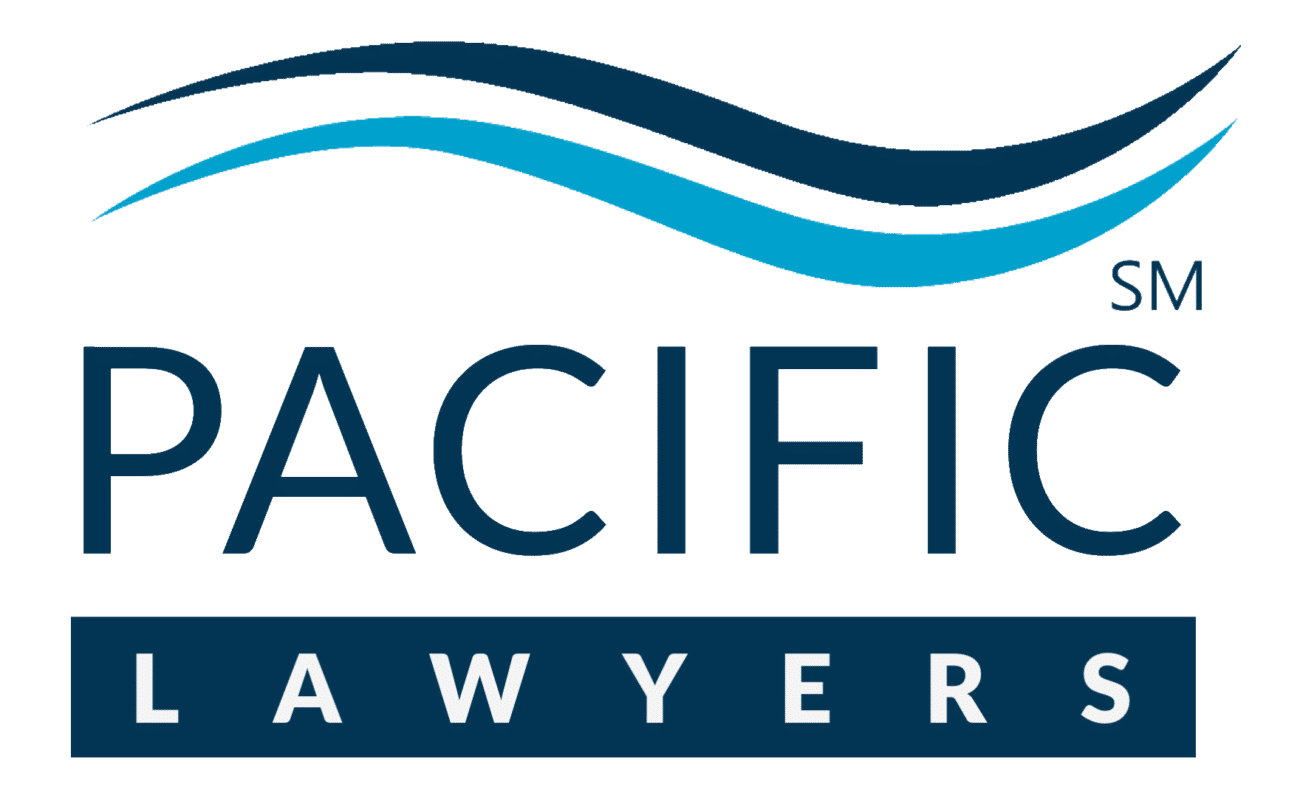Primer on Forming Your Own Business

There are many rewards for those who chose the pathway to form their own business, but there are also challenges and pitfalls along the way. Seeking counsel from an experienced business attorney can help you avoid many of those problems.
Business Form. Once you have a business plan in mind, the first choice is what type of legal entity you will require for your business. The form of your business will have significant impact on your personal risk as well as tax ramifications, control issues, and financial rewards.
Company Name. Selection of a company name should be one of the first steps. The company name should convey your message to potential customers and be unique.
In order to determine if a name it available in Hawaii, you should refer to the Department of Commerce and Consumer Affairs (DCCA) website. A business name cannot be the same or confusingly similar to a name already registered with the DCCA.
Sole Proprietorship. The simplest form of business is a one-person owner, either using the owner’s name, such as Dr. Sam Smith, or using a tradename, such as Dr. Sam Smith doing business as (dba) Smith Family Clinic. A sole proprietorship is simple and uncomplicated with annual revenue and expenses reported on the Form 1040 Schedule C for federal income tax. A sole proprietor is considered a self-employed person and must pay self-employed FICA tax but need not obtain worker’s compensation insurance. A husband and wife who file a joint return can jointly own and operate a sole proprietorship.
However, this form of business ownership does not provide any form of liability protection or separation from the owner’s other assets.
Partnership. A partnership can be formed by two or more persons intending to join together for the ownership and operation of a commercial venture.
Some business partnerships start with a “handshake” deal and the opening of a checking account. However, it is highly recommended that every partnership has a written partnership agreement and register with the DCCA to protect the business name of the partnership. Although simple and easy to operate and manage, most partnerships are democratic, with each partner having an equal share and an equal vote.
The disadvantage of a general partnership is that each partner is fully liable for every thing the partnership does and all liabilities of the partnership.
A partnership is required to file an income tax return as a reporting entity. But the income and expenses are passed through and reported by the individual partners on their own federal and state income tax returns using the K-1 form provided by the partnership.
Limited Partnership. A variation of the general partnership is the “limited partnership.” Using this form of business has many advantages. Typically, there is one “General Partner” who is charged with management of the business but has full liability for the partnership acts and liabilities, and there are several “Limited Partners” who contribute capital and share in profits but are passive and take no active role in management.
The Limited Partners are not personally liable for acts and liabilities of the partnership beyond the amount of their contributed capital. Frequently, the General Partner is itself a corporation or limited liability company which provides even greater liability protection
A written Limited Partnership Agreement is necessary to describe the roles of the General Partner and the operation of the partnership. This form of business ownership is popular for real estate ownership as it allows for pass through of income and tax benefits as well as shelter from liability for passive investors.
Corporation. Corporate business ownership is very popular as it allows the creation of significant amounts of invested capital from shareholders who have no personal liability of the business acts or operations but can share in the appreciation of the business value and revenue through the form of dividends. A corporation is a creature of statute, and the formation and operation of a corporation must conform to the requirements set forth in the Hawaii Business Corporation Act.
A corporation is formed by the filing of “Articles of Incorporation” by one or more organizers. The corporation must authorize a certain amount of shares of stock to be issued, and maintain a registered agent in the State of Hawaii who is authorized to accept service of process for the corporation. Those who want to acquire shares of the corporation are referred to in the articles as subscribers. Once the corporation is formed, the subscribers pay the capital contribution to the corporation, are issued stock, and become shareholders. The shareholders elect a “Board of Directors” who in turn appoint “Officers” to run the company business. The governing rules of a corporation are contained in a document called “By Laws”. Certain small business corporations may elect to be taxed like a partnership, that is the income or loss of the business is passed through to the shareholders, provided an election under Subchapter S of the Internal Revenue Code is signed by all shareholders.
Typically, a corporation will file as a taxpayer and follow Subchapter C of the Internal Revenue Code, thus the familiar reference to either an “S” corp or a “C” corp. Corporations are relatively complex forms of business ownership and require a corporate record book and stock ledger to keep track of shareholders and minutes of the meetings of shareholders and the Board of Directors.
Limited Liability Company. In recent modern times, many states, including Hawaii, have created, by statute, a new form of business ownership that allows a good balance between liability protection of the owners and simple operation, the Limited Liability Company (LLC). The LLC is formed by filing “Articles of Organization” with the DCCA and can be either member managed or manager managed. A member managed LLC is like an incorporated partnership, in which the members vote and jointly manage the business. A manager managed LLC is like an incorporated limited partnership, where a manager is in charge of company operations and the members have a passive ownership role, usually only approving major decisions. The LLC operations are governed by a written “Operating Agreement”, similar to the By Laws of a corporation.
One of the great advantages of an LLC is that a single member LLC can be disregarded for purposes of filing income tax returns so that the business income is reported on the member’s federa1 1040 Schedule C, like a sole proprietorship, but still has the limited liability to protect the member, in contrast to the sole proprietorship form. A multi member LLC reports income on a tax return but may elect to be treated either like a corporation or partnership to pass the income or loss through to the members.
Business Team. Once the business plan, name, and form have been selected, the new business owner will become the leader of a “business team,” including attorney, tax advisor, banker, and insurance broker. The business owner will find that maintaining complete and accurate business records, timely filing all tax returns, creating useful contracts and business agreements, and having a solid financial foundation will be enhanced by regular consultation with the business team.
We wish all potential new business owners success in your next venture.

